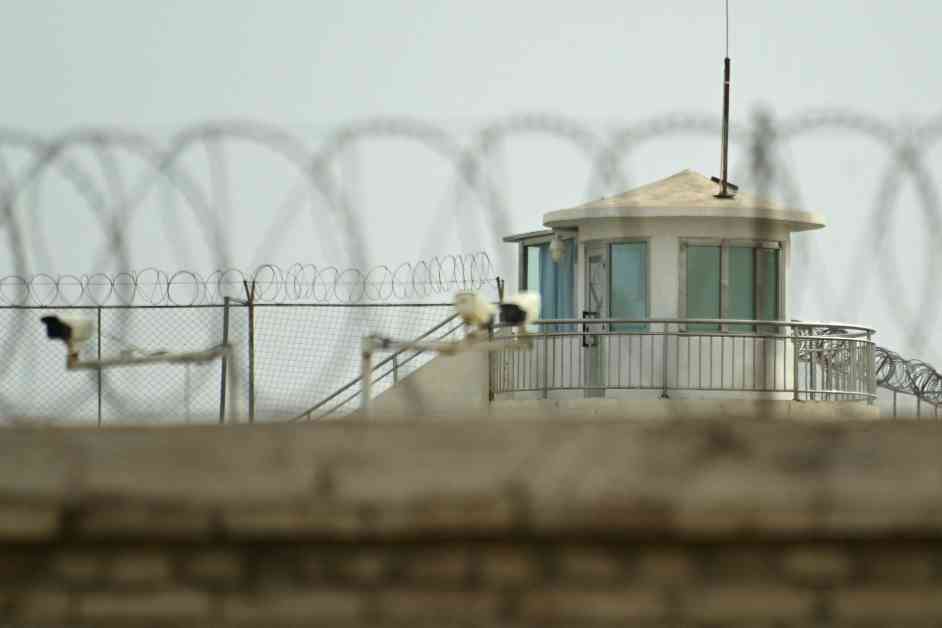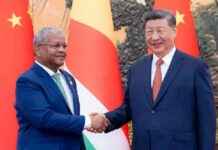The Forgotten Plight of Uyghurs with Disabilities in China
In 2016, Chinese authorities began rounding up Uyghur intellectuals, including Ababekri Muhtar, the founder of Misranim, a popular social media site used by Uyghurs for discussion and learning. Muhtar, who relies on a wheelchair for mobility, was subjected to brutal treatment during his detention, highlighting the overlooked issue of how China’s persecution of Uyghurs affects those with disabilities. While he was eventually released without explanation, his experience sheds light on the dire consequences faced by vulnerable populations in the Uyghur region.
The Uyghurs in China have been subjected to a systematic campaign of violence, arbitrary mass detention, torture, imprisonment, forced sterilization, forced marriage, and political indoctrination in the Xinjiang Uyghur Autonomous Region. Many countries have recognized these actions as genocide, yet the full extent of the atrocities remains obscured due to limited access to the region. Most accounts of the conditions within the camps focus on able-bodied and neurotypical individuals, overlooking the unique challenges faced by detainees with disabilities or preexisting medical conditions.
Information about disabled survivors in the Uyghur camps is scarce, but reports from organizations like Amnesty International reveal instances of abuse and neglect. One account describes a neurodivergent man being beaten by camp guards for not being compliant, while another report details the deaths of elderly detainees with underlying health issues due to inadequate medical care. These stories underscore the harsh reality faced by Uyghurs with disabilities in Chinese detention facilities.
Survivors of the camps have shared harrowing experiences that shed light on the inhumane conditions they endured. Camp guards enforced strict regulations, such as limiting bathroom breaks to one-to-three minutes, making life even more challenging for individuals with different physical needs. Instances of physical abuse, forced labor, and torture have been reported, with some detainees suffering severe health consequences as a result of their mistreatment.
One survivor, Gulbahar Haitiwaji, recalls being chained to her bed for 20 days and subjected to grueling physical exercise that caused some prisoners to collapse from exhaustion. The guards’ brutal methods of discipline and punishment highlight the disregard for basic human rights within the camps. Haitiwaji’s account, along with others, paints a disturbing picture of the suffering endured by Uyghurs with disabilities in Chinese custody.
The use of torture devices like the “tiger chair” further illustrates the extreme measures taken by Chinese authorities to control and subdue detainees. These cruel tactics disproportionately affect individuals with preexisting conditions or disabilities, exacerbating their physical and mental health issues. The stories of survivors like Haitiwaji and others serve as a stark reminder of the atrocities committed against the Uyghur population in China.
The lack of transparency and accountability surrounding the treatment of Uyghurs in Chinese detention facilities is a cause for concern. The international community has a responsibility to address the human rights abuses being perpetrated against this vulnerable population. The Chinese government’s efforts to conceal the reality of the camps only underscore the urgent need for greater awareness and action to protect the rights of Uyghurs with disabilities.
The history of government actions in the Uyghur homeland reveals a pattern of disregard for the health and well-being of the local population. The legacy of nuclear testing in Xinjiang during the 1990s has left a lasting impact on the health of Uyghurs, with estimates of thousands of deaths attributed to radiation exposure. The Chinese government’s failure to acknowledge the consequences of these tests reflects a broader pattern of neglect and suppression of information concerning the welfare of the Uyghur people.
China’s systematic campaign to erase Uyghur identity through persecution and incarceration has had devastating consequences for individuals with disabilities. The international community must hold China accountable for its actions and demand justice for all those who have been unjustly detained and mistreated. The stories of survivors like Yalkun Qurban and others serve as a reminder of the urgent need to address the human rights crisis unfolding in the Uyghur region.
The United Nations Committee on the Rights of Persons with Disabilities has expressed concerns about the treatment of Uyghurs with disabilities in Chinese detention facilities. The lack of basic standards of care and medical attention for these individuals is a violation of their rights and a reflection of the broader human rights abuses being perpetrated against the Uyghur population. The international community must act decisively to ensure that all individuals, regardless of their disabilities, are afforded the dignity and respect they deserve.
As the genocide against the Uyghur population in China continues unabated, the world must not turn a blind eye to the suffering of those with disabilities. The Chinese government’s attempts to conceal the reality of the camps only underscore the urgency of the situation. We must stand in solidarity with the Uyghur people and demand accountability for the atrocities being committed in the name of cultural assimilation. The voices of survivors must be heard, and their stories must serve as a rallying cry for justice and human rights for all.









![Indie music fans gather at l’Antipode for [Face B] Kool Things soirée on Saturday night news-15112024-105933](https://shanghainewstv.com/wp-content/uploads/2024/11/news-15112024-105933-218x150.jpg)







